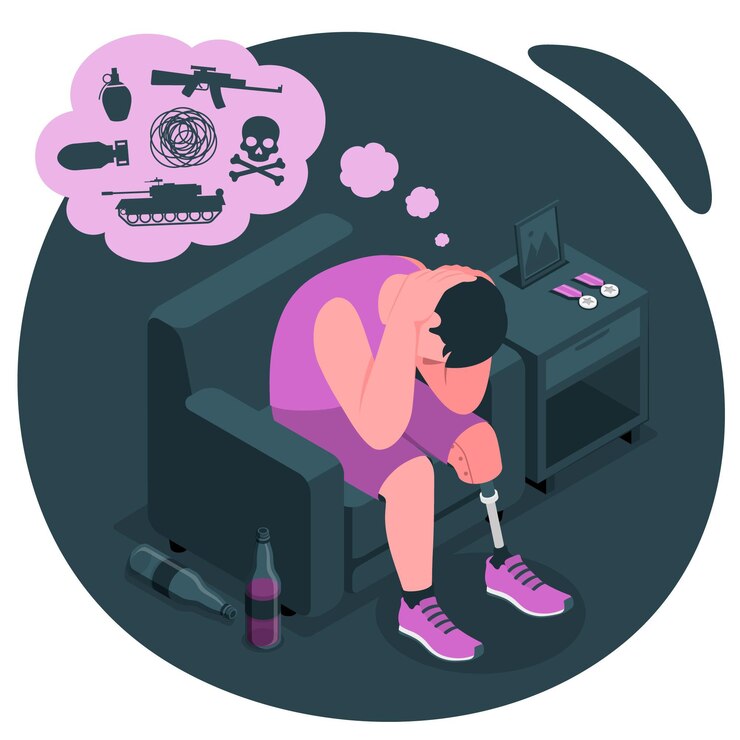
Understanding Schizophrenia and Substance Abuse: A Simple Guide
Schizophrenia and substance abuse often coexist, creating complex challenges for individuals affected by both conditions. In this easy-to-understand guide, we’ll explore the relationship between schizophrenia and substance abuse and provide insights on addressing these co-occurring disorders.
Understanding the Link:
Schizophrenia and substance abuse frequently occur together, with individuals turning to drugs or alcohol as a way to cope with the symptoms of schizophrenia or alleviate distressing experiences such as hallucinations or delusions. Unfortunately, substance abuse can worsen the symptoms of schizophrenia and interfere with treatment effectiveness, leading to a vicious cycle of addiction and mental health challenges.
Effects of Substance Abuse:
Substance abuse can exacerbate symptoms of schizophrenia and increase the risk of complications such as hospitalization, homelessness, and legal issues. It can also interfere with medication adherence, disrupt sleep patterns, and impair judgment and decision-making abilities. Additionally, substance abuse can worsen cognitive functioning and decrease overall quality of life for individuals living with schizophrenia.
Addressing Co-occurring Disorders:
Addressing both schizophrenia and substance abuse requires a comprehensive and integrated approach that considers the unique needs and challenges of each individual. Here are some strategies for addressing co-occurring disorders:
- Dual Diagnosis Treatment: Seek out mental health and addiction treatment services that specialize in dual diagnosis treatment. These programs offer integrated care that addresses both schizophrenia and substance abuse simultaneously, providing a holistic approach to recovery.
- Medication Management: Work closely with healthcare providers to manage medications for both schizophrenia and substance abuse. Some medications used to treat schizophrenia may interact with drugs or alcohol, so it’s essential to monitor for any potential complications.
- Therapy and Counseling: Participate in therapy or counseling sessions to address underlying issues contributing to both schizophrenia and substance abuse. Cognitive-behavioral therapy (CBT), motivational interviewing, and relapse prevention strategies can be beneficial in promoting recovery and reducing the risk of relapse.
- Support Networks: Build a support network of family, friends, support groups, and peer mentors who understand the challenges of living with both schizophrenia and substance abuse. Surrounding yourself with supportive individuals can provide encouragement, understanding, and accountability throughout the recovery process.
- Lifestyle Changes: Make lifestyle changes that support recovery from both schizophrenia and substance abuse, such as adopting healthy coping mechanisms, engaging in regular physical activity, practicing stress management techniques, and avoiding triggers or environments that promote substance use.
By addressing co-occurring disorders with a comprehensive approach that includes dual diagnosis treatment, medication management, therapy, support networks, and lifestyle changes, individuals living with schizophrenia and substance abuse can achieve meaningful recovery and improve their overall quality of life.
To seek medical advice, always consult a Doctor. Here are our recommended experts. Click here
To read more on Neurology. Click Here


